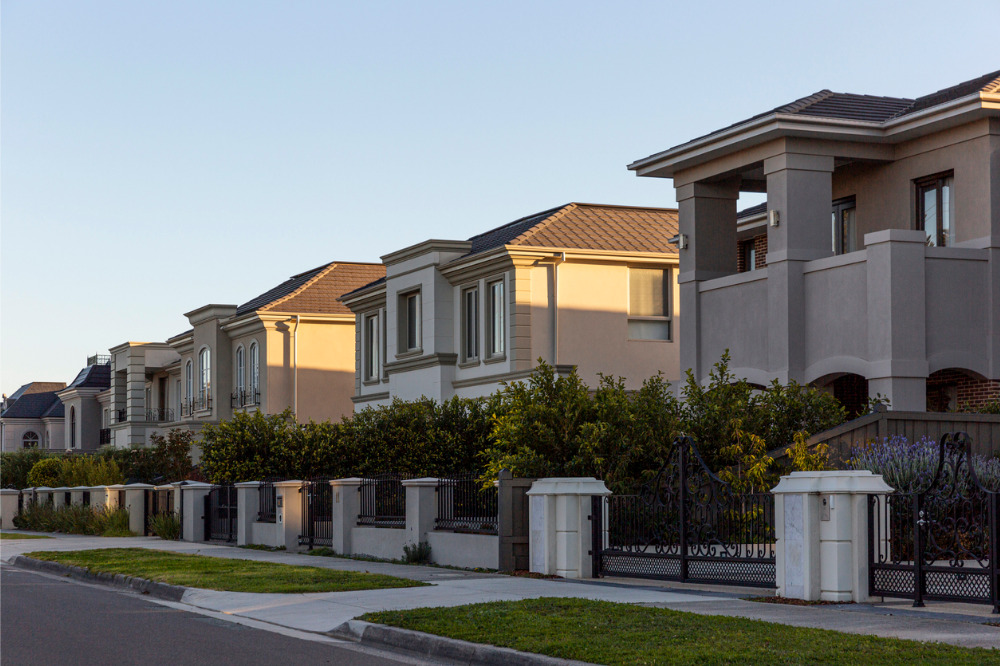Zoning laws can have a major effect on a property’s value. But what are the common kinds of zoning? And how does location affect the value? As an investor, it is critical that you know the zoning of a property if you want to obtain the best financial arrangement possible. Here is everything you need to know.
Understanding the link between zoning and property value
Zoning laws typically regulate the use of a property, whether for commercial, residential, industrial, or agricultural purposes. Because there is usually a lot of money involved, zoning affects more the merely the property developer. Property investors are also significantly impacted by zoning on most properties.
One way that zoning can impact property values is if the property is not suited to market demands. For example, if a single-storey home sits on land zoned for medium-density residential, like a townhouse or villa, and residential apartment buildings are prohibited, the zoning may be at odds with the market. To avoid surprises like this for investors, it is important to identify the zoning of surrounding properties using a conveyancer.
It is also crucial to understand the subcategories of residential zoning so that you know the types of activity that are allowed. In New South Wales, for example, R1 zoning lets a property be used for general residential. R2 zoning, on the other hand, restricts property to low-density residential, and R3 to medium-density residential.
What are the common kinds of zoning?
Zoning usually refers to the nature of a property and its intended use. Zoning regulations basically define the legal uses for a specific area or property and establish order. Properties are zoned for residential, business, industrial, agricultural, or other specific purposes, for example. Because lenders assign totally different policies to different property types based on the various zones they fall into, it is important to understand property zoning prior to buying a property.
As an investor, you will need to be aware of the more common zoning categories as well as the financial regulations that apply to each of them. As mentioned, the most common kinds of zoning fall into the residential, commercial, industrial, and agricultural categories.
In Australia, zoning differs from state to state and, within each state, is further subdivided. Every zoning category and jurisdiction carries its own regulations that you will have to understand and adhere to if you want to avoid fines or other financial penalties.
Why it is important to know the zoning of a property
This is crucial because doing so will help you get the best financial arrangement possible. Some buyers, for instance, avoid properties that are zoned for industrial or business purposes. Even if they do not appear to be, however, some of these properties might actually be zoned for residential reasons.
In other words, since other people may not bother to check zoning information, you could potentially reside in the property and get residential loan terms and rates for ideal properties that have been passed over. It is therefore critical, if you like a property, to check its land zoning status to determine if it is the best match for your budgetary restraints and your needs.
Knowing the zoning of a property, as well as any properties that surround it, will also help you to avoid unwanted surprises. You may want a residentially zoned property, for instance, without realizing the area next door has recently been re-zoned for a large commercial development.
How does location affect the value of a property
Because zoning laws specify the types of businesses or dwellings in a certain area, the location may have a major effect on the value of your property. For instance, you likely will not want to see a residential area next to a manufacturing plant.
Zoning laws group parts of a city or town into specific areas for different land uses. And because zoning laws are subject to change, the value of your property could change if your location is re-zoned.
Can zoning change?
The short answer is, yes, zoning can change. It is fairly common, in fact, for government officials to re-zone whole sections of land during council zoning meetings. Occasionally, a property can be re-zoned if its current status is no longer ideal for its location. An example is a small home that is upgraded to medium-density residential area to pave the way for a more appropriate zoning category, such as townhouses, to be built on the property.


